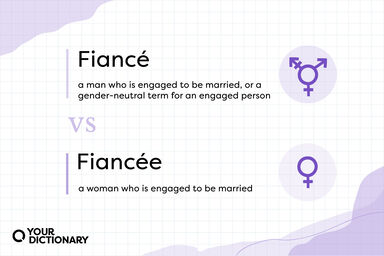Mid Definition
Origin of Mid
-
From Middle English, from Old English mid (“with, in conjunction with, in company with, together with, into the presence of, through, by means of, by, among, in, at (time), in the sight of, opinion of", preposition), from Proto-Germanic *midi (“with"), from Proto-Indo-European *medÊ°i-, *meta (“with"). Cognate with North Frisian mits (“with"), Dutch met (“with"), German mit (“with"), Danish med (“with"), Icelandic með (“with"), Ancient Greek μετά (metá, “among, between, with"), Albanian me (“with, together"), Sanskrit स्मत् (smat, “together, at the same time").
From Wiktionary
-
From Middle English mid, midde, from Old English midd (“midst, middle", noun), from Proto-Germanic *midjÄ…, *midjÇ, *midjô (“middle, center") < *midjaz, from Proto-Indo-European *medhy- (“between, in the middle, middle"), *medÊ°yo-. Cognate with German Mitte (“center, middle, midst"), Danish midje (“middle"), Icelandic midja (“middle"). See also median, Latin medianus.
From Wiktionary
-
From Middle English mid, midde, from Old English midd (“mid, middle, midway"), from Proto-Germanic *midjaz (“mid, middle", adjective), from Proto-Indo-European *médÊ°yos (“between, in the middle, middle"). Cognate with Dutch mits (“provided that"), German mitte (“center, middle, mean"), Icelandic miðr (“middle", adjective), Latin medius (“middle, medium"). See also middle.
From Wiktionary
-
Middle English from Old English midd medhyo- in Indo-European roots
From American Heritage Dictionary of the English Language, 5th Edition
-
Middle English from mid middle mid1
From American Heritage Dictionary of the English Language, 5th Edition
Alteration of amid
From American Heritage Dictionary of the English Language, 5th Edition
See mid.
From Wiktionary
Find Similar Words
Find similar words to mid using the buttons below.





